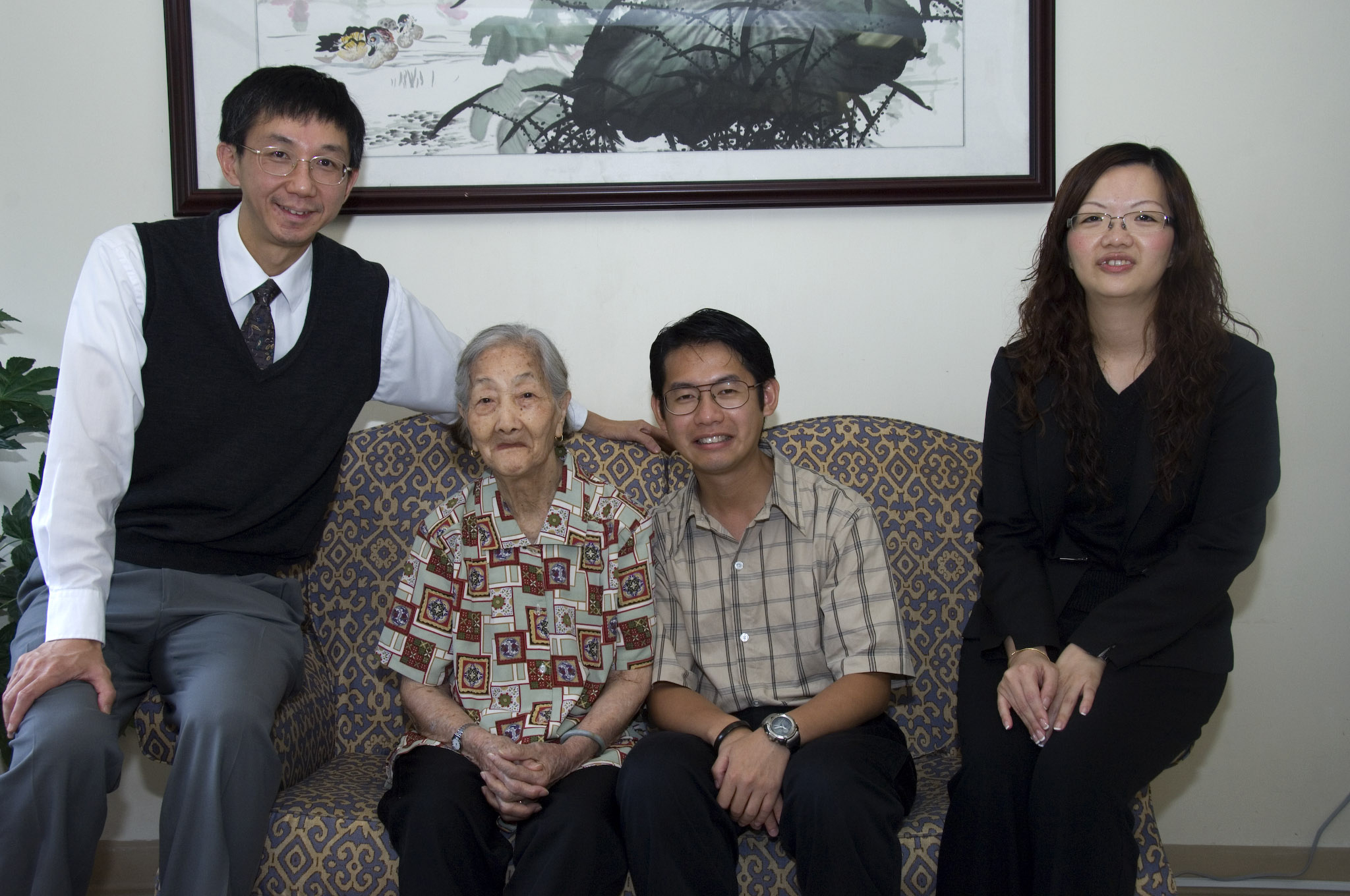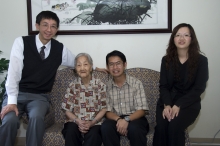CUHK
News Centre
A Longitudinal Study on the Effectiveness of Daycare Services for the Dementia Population in HK
Daycare services in Hong Kong have been developed to provide recreational activities, training and respite care for the aged population for over 20 years. Specialized daycare services for the demented population were first developed in 1999, but evidence concerning their effectiveness is lacking.
Design of the Study
To empirically evaluate the effectiveness of the specialized daycare training programme, a longitudinal study was jointly launched by the Jockey Club Centre for Positive Ageing (JCCPA) and the School of Public Health at The Chinese University of Hong Kong (CUHK) from January 2006 to June 2008. During the period, a total number of 119 elderly had received daycare services in JCCPA. Among them, 56 users had consented to take part in a six-month follow-up study. They were diagnosed with dementia and had attended JCCPA’s daycare services for more than 3 days per week. In order to compare and contrast the change of performance, 41 community-residing demented elderly were recruited from the geriatric outpatient clinic to serve as the controlled group. Both groups received medications on dementia-related symptoms. The changes in general cognitive functioning, activities of daily living and self-perceived quality of life in these two groups of elderly were examined across six months. In addition, family members of 23 users of JCCPA and 23 elderly in the controlled group were assessed on their perceived burden in providing care.
Findings and Recommendations
Comparing the change of functioning across the six-month period, the most significant finding was the maintenance of perceived quality of life among JCCPA users while there was a significant drop in the controlled group. Both groups showed similar level of retention in cognitive and daily functioning. On the measure of family member’s burden in caregiving, family members of JCCPA users showed a decreasing trend of burden while family members of the controlled group remained the same.
These findings suggested that demented elderly may benefit from the daycare training programme and maintain their quality of life. The above findings are the first piece of empirical evidence available locally showing the effectiveness of the daycare training programme. Depending on available resources, the whole set or separate components of the programme could be promoted to other daycare service providers for an evidence-based practice in the care of the demented population.
An estimation based on a local survey in 2006 suggested that there exists over 60,000 demented elderly in Hong Kong. However, there are less than 5 specialized daycare centers currently in Hong Kong that provide training and respite for the demented population. By a very rough estimation, less than 5% of the demented population receives daycare services in the community. There is an urge to increase the service coverage of dementia care in the community to alleviate the burden of caretakers. The daycare programme at JCCPA could be used as a referencing model for other daycare agencies to develop their programme.
JCCPA and its Training Programme
The Jockey Club Centre for Positive Ageing was established in 2000 and is the first specialized dementia care centre in Hong Kong. Throughout the eight years of service evolution, JCCPA has developed and refined a training programme specifically for the demented elderly.
The training programme integrates a number of psychosocial interventions and the case management approach. Core components include small group training on memory, activities of daily living, reality orientation, and cognitive stimulation. Alternative treatment modalities are also used, for example, animal-assisted therapy, aromatherapy, and music therapy. The combination of different groups is expected to improve the quality of life as well as to maintain the basic cognitive and daily functions of the demented elderly.



